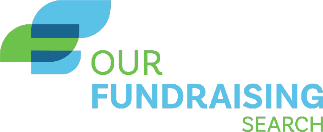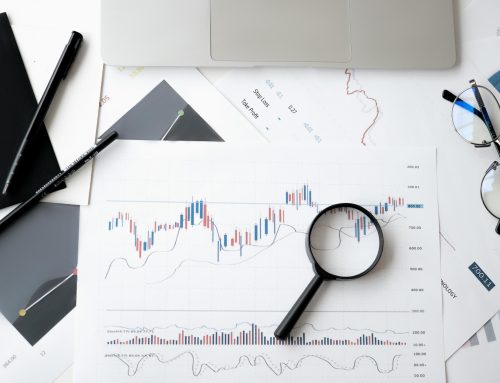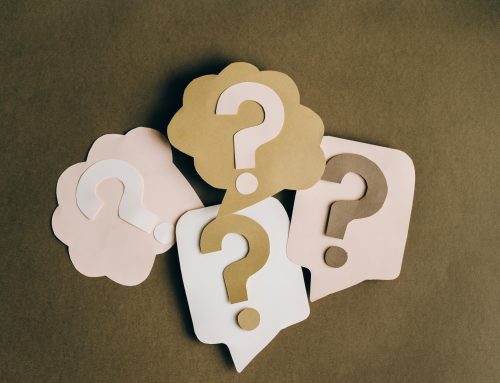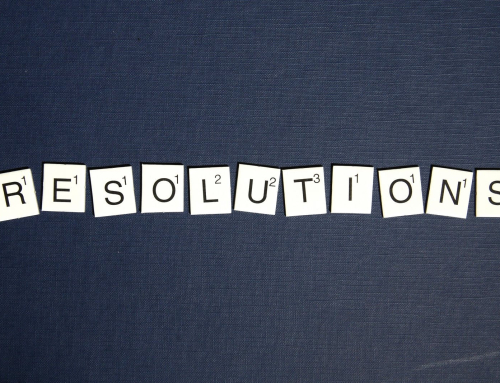At the end of every month, we usually take a look at the coming month to see if there is anything fun we can blog about. For March, there are limited opportunities when you consider National Peanut Butter Lover’s Day (March 1), National Cereal Day (March 7), or National Meatball Day (March 9).
March is Women’s History Month, and, coincidentally, home of World Water Day (March 22). This reminded us of a great story of the Sapelo Foundation, its longtime Executive Director Phyllis Bowen and her role in creating the Georgia Water Coalition (GWC). Personally, we think more nonprofits should take a page from the coalition. Since its formation in 2002, the coalition has accrued a track record of successes that establish it as a state powerhouse, and a highly effective voice on water management and conservation issues.
Years ago, the Sapelo Foundation found itself with a challenge: it was one of the few philanthropic foundations that would fund environmental causes, and in particular, clean water work in Georgia. As a result, every environmental group in the state would apply to them. This created a problem for the foundation, and so Phyllis called all the leaders of the various environmental nonprofits to a meeting to explain it to them.
The foundation was not large enough to support all of them adequately, so there were only two strategies open to her. (1) She could support all of them inadequately, which would not be impactful. Or, (2) she could make choices about which grant proposals seemed more impactful and more likely to be successful.
The problem with the second option is that it required Sapelo, which had a very small staff, to develop the necessary scientific expertise to handicap grant applications. Or, she told the gathered organizations, they could do it for her instead.
Out of that meeting came the coalition. The coalition is, essentially, a virtual nonprofit made up of other nonprofits. While there are hundreds of member organizations, they are led and coordinated by a 15-member leadership team. They collaboratively fundraise for joint projects and also lobby together. Funds raised are held by one member organization who acts as the fiduciary agent of a project, and remits funds to other members as work on a specific grant is completed.
A long-time funder of the GWC assessed the efficacy of its environmental program funding. The assessment revealed that the resources invested in the GWC have created a powerful statewide force for Georgia’s waters. The GWC is an exceptional leader on critically important water issues within the state of Georgia and the southeastern region.
Through her quiet influence and strategic thinking, Phyllis Bowen laid the ground work for a cleaner, safer, and healthier Georgia.






Leave A Comment